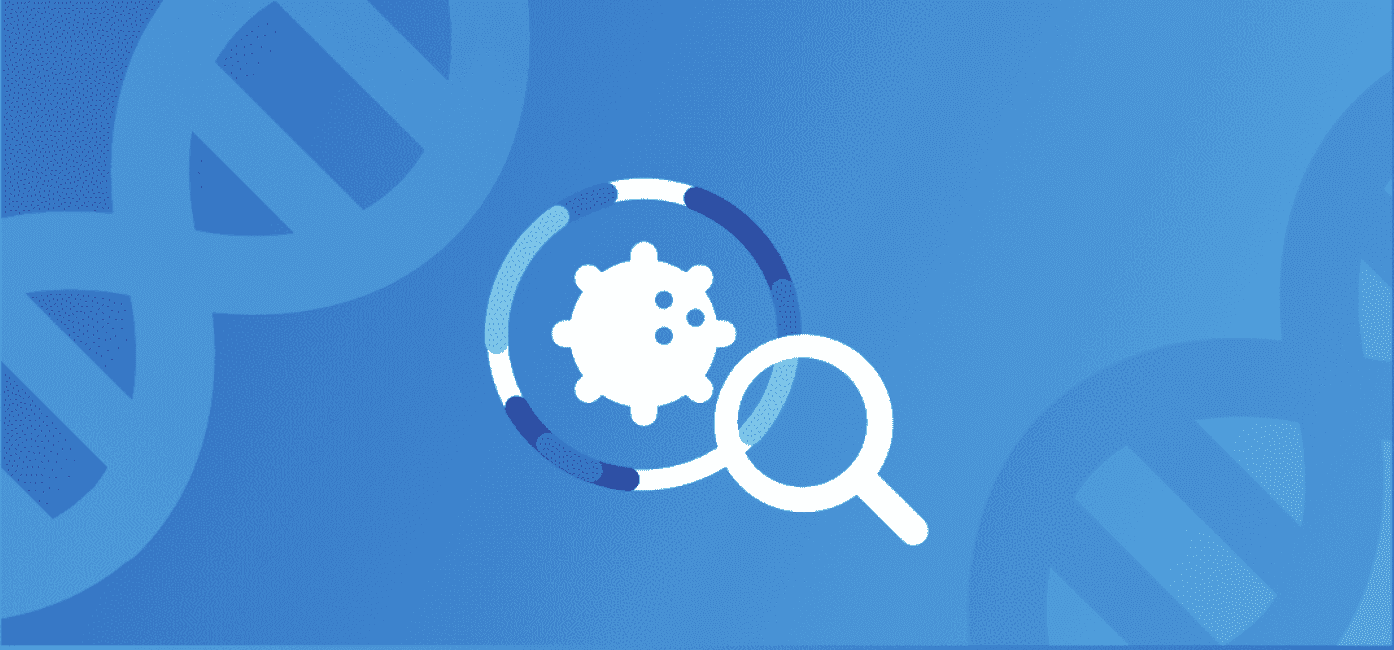Earlier this summer, a consortium that included more than 3,000 researchers and scientists from around the world jointly published a summary analysis on genetic clues linked to both the susceptibility to COVID-19 and to the most severe cases of people who contracted the virus.
Published in the journal Nature, the paper notes 13 genetic associations found in genes or gene regions involved in such things as immune response, blood type, and lung disease.
The findings help shed light on the biological pathways in not just how people become sick with the virus but why some people become severely ill from it. The hope is that these genetic insights will help researchers hunting for therapeutics for treating the virus.
“The better we get at treating COVID-19, the better equipped the medical community could be to manage the disease,” said Ben Neale, co-director of the Program in Medical and Population Genetics at the Broad and co-senior author of the study. “If we had a mechanism of treating infection and getting someone out of the hospital, that would radically alter our public health response.”
But almost as striking as the genetic findings are the level of collaboration among scientists that formed into this loose consortium known as the COVID-19 Host Genetics Initiative. The initiative began in March of 2020 by scientists at the Institute for Molecular Medicine Finland, University of Helsinki, and the Broad Institute of MIT and Harvard, and quickly grew from there.
Among the researchers are those from both the private and public sector, from academic institutions and public companies — including scientists from 23andMe — who joined forces to pool what they’ve learned.
“This has exceeded anything I’ve seen in my lifetime,” said Janie Shelton, a 23andMe senior scientist, and epidemiologist. “The rate we’ve been able to collaborate with international teams to uncover the genetic vulnerability to COVID-19 has been incredible.”
Over the last year, several participants in the initiative have already published their findings that ultimately became part of this broader paper. For instance, 23andMe published last June on our findings around genetic associations between the genes that influence blood type and a person’s susceptibility to COVID-19 and the severity of their symptoms. This year, we published on genetic associations with COVID-19 and loss of smell and taste, as well as created a tool to help people better understand the non-genetic factors that contribute to a higher risk for hospitalization due to the virus.
Since launching our COVID-19 Research Study soon after the pandemic began, we have been sharing our findings with the broader scientific and medical community to help address this health crisis.
As Janie said in an interview earlier this year:
“It’s important for us to unveil our findings as publicly as possible.”
The researchers now plan to focus their attention on so-called “long-haulers,” people who have had the virus who continue to have symptoms for months.
You can read more about the paper here.




